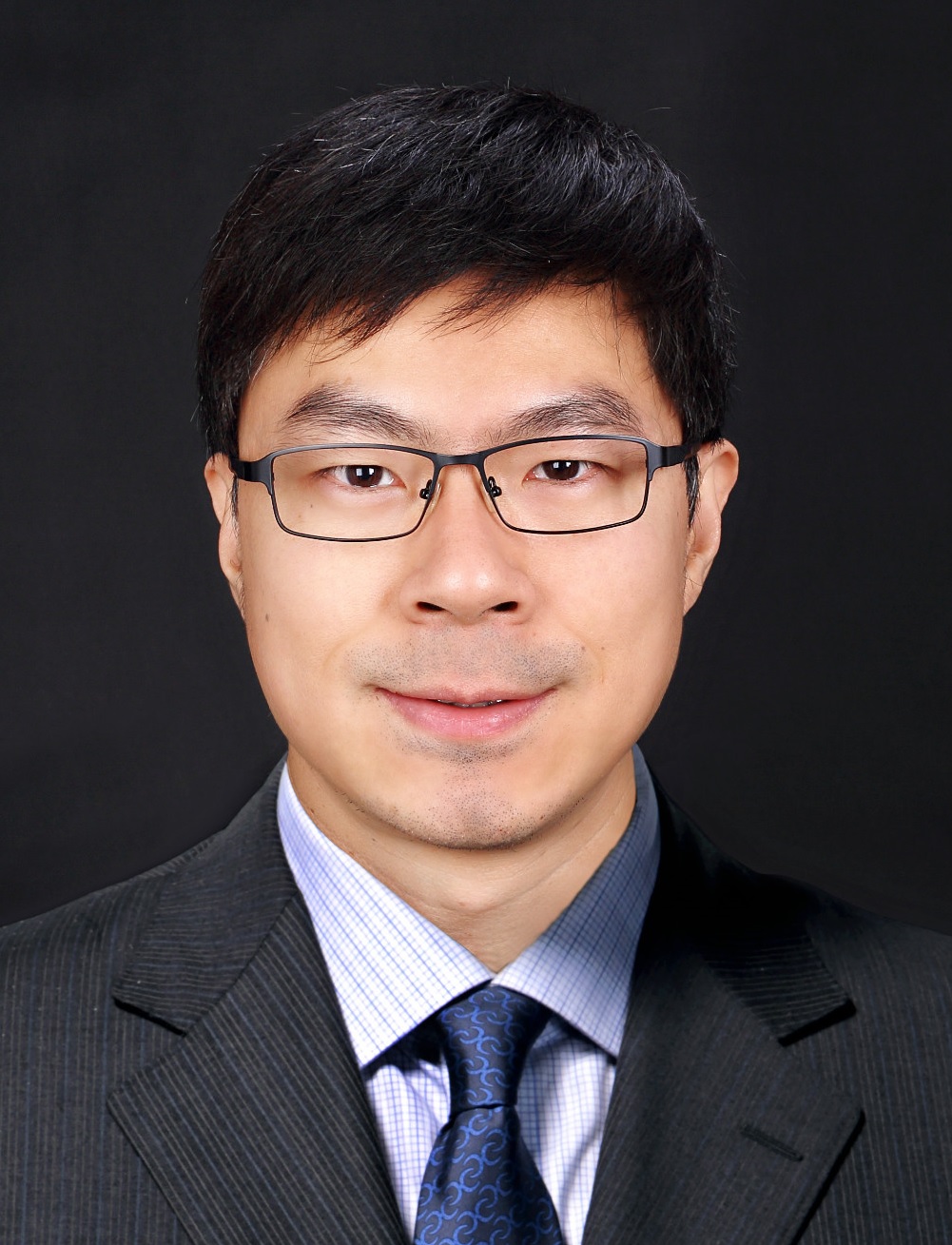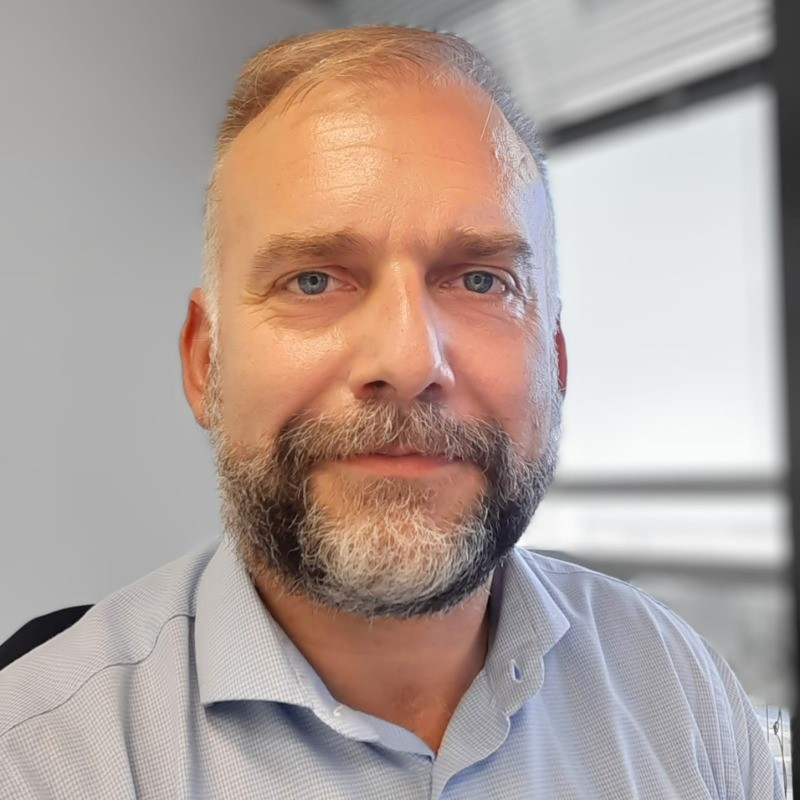Full Program
The I3M 2023 conference will be held as an Hybrid Conference. All the I3M Sessions will be both in presence and online through Microsoft TEAMS. Within the Program you will find a link to each I3M Session
I3M 2023 as hybrid event
The I3M 2023 Organization Committee has hardly worked along the last months to set-up I3M 2023 as hybrid event (both in presence and online).
Instructions for authors participating in presence
Those authors that will participate in presence will have the possibility to present their papers according to the usual mode (presentation and questions). Authors participating in presence must complete their own registration before August 31st 2023; after this date registrations for participation in presence will be not allowed.
Instruction for online participants
Those authors that will participate online will be able to access the sessions from the links provided in the program. The online participants are required to complete their registrations before September 10th, 2023. The online participants are required to pre-record a video of the paper presentation (maximum 10 minutes, please be sure to respect this limit when preparing your video!). After the video presentation, there will be 5 minutes during which the presenting author will answer questions made by the audience. The videos of the paper presentations must be uploaded by authors no later than September 10th 2023. Please use the following form to upload your video: https://www.msc-les.org/conf/I3MUpload/index.html
Keynote Talks
Keynotes are here! Take a look at the exciting lineup for I3M 2023. Keynotes present diverse, visionary speakers who deliver the most powerful new ideas in the ever-evolving world of Multidisciplinary Modeling & Simulation.

Maria Pia Fanti
Full Professor
Polytechnic University of Bari
Italy
Machine Learning and Deep Reinforcement Learning Applied in Different Fields: The Tole of Simulation
Machine learning (ML) and deep reinforcement learning (DRL) have the potential to bring about significant impacts in automation across various industries and domains. The talk will explain how ML and DRL techniques can be applied in different automation fields: automotive, traffic management and structural health monitoring. Moreover, in each application the role of the simulation is of basic importance for training the agents. Some case studies will be presented in different application areas. Autonomous braking systems based on an intelligent agent trained with DRL can interact with the environment, collect data and react by controlling the vehicle speed when uncontrolled events require an action. DRL approaches are used for efficiently handling by intelligent traffic lights road traffic in road intersections where priority issues are important and autonomous vehicles are involved. Innovative methods based on ML tools are used for detecting damages in steel truss railway bridges to classify raw strain multivariate time series data.
Biographical Sketch

Lei Ren
Professor
Beihang University
China
Data-driven Modeling for Industrial Artificial Intelligence
Biographical Sketch
Dr. Lei Ren is a professor with the School of Automation Science and Electrical Engineering, Beihang University, China. He is also the deputy director of the Technical Committee of the State Key Laboratory of Intelligent Manufacturing System Technology. Prof. Ren is the first recipient of the National Science Foundation for Distinguished Young Scholars in the field of Industrial Internet in China, and among the most influential researchers in the field of Cloud Manufacturing. Currently his research interests include industry AI and deep learning. He has published more than 100 papers in famous international journals and conferences, and got nearly 8000 citations according to Google Scholar. He has been the chair of dozens of international and domestic conferences or forums, such as General Chair of 2022 IEEE International Conference on Digital Twin, Executive Chair of the 12th IEEE International Conference on Cyber, Physical and Social Computing. He is a member of professional committees of more than 10 international and domestic academic organizations, such as IEEE, SCS, etc. He serves as the Secretary of IEEE P3144 Standard for Digital Twin Maturity Model and Assessment Methodology in Industry, and participates in drafting more than ten international and national standards. He is also a council member of China Simulation Society, the deputy director of the Special Committee on Intelligent IoT of China Simulation Society. He was an Associate Editor of SIMULATION: Transactions of the Society for Modeling and Simulation International. Now he serves as an Associate Editor of several top international journals such as IEEE Transactions on Neural Networks and Learning Systems.

David del Rio Vilas
Head of Innovation
OHLA Servicios Ingesan
Spain
Simulation rhymes with Innovation: Modelling and Simulation as a Catalyst for Business Transformation
Biographical Sketch
David del Río Vilas is the Head of Innovation at OHLA Servicios Ingesan. He holds an MSc. in Industrial Engineering from the University of A Coruña (UDC), where he also obtained his Diploma of Advanced Studies (DEA) in Industrial Engineering in Modeling and Simulation of Production Systems. He has completed different executive management programmes at MIT Sloan and IE Business School. David also holds the PMP and ACP professional certificates. He has been a professor of the Department of Economic Analysis and Business Administration of the UDC and has held different positions as an innovation leader in some leading international companies in the infrastructures and public services areas.
Regular & Invited Sessions
Regular sessions cover the topics of the conference and mainly group the papers that fall within a specific research subject and submitted to the regular program.
Invited Sessions consist of papers collected within the scope of an Open Track proposed by one or more organizers. Papers are mainly based on personal invitation by the Open Track organizer(s) but may also include papers submitted to the regular program.
Regular and Invited Sessions will last about 1 hour and 30 minutes and may include between 4 and 5 papers. Contributions can be either regular papers or short papers (min 3 pages length) and they will appear in the conference proceedings.
Reviewing Process
Each paper submitted to the conference will be individually peer-reviewed taking into consideration scientific quality, originality and relevance. At the discretion of the IPC and considering the reviewers’ comments, individual papers may be accepted for inclusion in the conference proceedings. The revised paper will then undergo a second round of reviews to check whether the authors have carefully addressed the reviewers’ comments and the paper is fully acceptable for publication. At the discretion of the program committee, individual papers may be removed from an invited session and placed in the regular program, as well as appropriate contributed papers may be moved to an invited session.
Presentation Formats and Speakers' Instructions
- Each session lasts 1.5 hours, and may includes from 4 to 5 papers. Depending on the number of the papers in the session, you’ll have about 12-15 minutes for your presentation, plus some time at the end for the Q&A. The chair/co-chair of your session is responsible for keeping the time, but we recommend you to adhere with the allotted time.
- We recommend you to be in your session’s room at least 10 minutes before the scheduled starting time, in order to upload your presentation on the laptop. As a general rule, speakers will not be allowed to use their own laptops, tablets or other devices to give their presentations, unless previously communicated to the conference organization team.
- When you enter the session room, introduce yourself to the chair/co-chair, so they can take note of your presence.
- Provide your presentation in either PowerPoint or PDF format. We suggest you to always bring a PDF copy of your presentation in order to minimize any format issue.
Special Sessions
Special sessions offer a 90-minute venue for the presentation of topics of special academic, social or industrial interest, such as emerging research areas or most recent trends. A Special Session can be also devised to include project presentations, panel discussions or non-technical talks on topics such as research funding, entrepreneurship, or technology transfer, and can receive a wide interest across different themes of the conference. As such, special sessions do not include presentation of scientific papers submitted to the conference and the session agenda will be defined by the Special Session Chair. All scheduling of special sessions is completed by the conference organisation committee. Requests may be submitted to the committee for a special accommodation but cannot be guaranteed, as the committee decisions are made with the full scope of the conference in mind.
List of I3M 2022 Special Sessions
Chair: David del Rio Vilas
Affiliation: OHLA-Services Ingesan (Spain)
Track Description: During the last seven years, the Horizon 2020 -the biggest EU Research and Innovation programme- has provided a wide and ambitious collaborative transnational framework for the development of solutions tackling with the main EU’s societal, environmental, economic and technological challenges. Through its different programmes and projects, Modelling&Simulation has successfully demonstrated its usefulness and versatility as a fundamental means to provide organisations with the capacity to design, analyse and adapt their response to an increasing uncertain environment. The new Horizon Europe (HE) framework, the most ambitious R&I program in the world, will extend and consolidate the achievements of the former H2020, but it will also have to deal with new realities deriving from the pandemic and the climate change scenarios. In this context of urgency and effectiveness, more than ever, academia and industry must collaborate and develop more efficient ways to exploit simulation as a central means to reach sustainable benefits for the social, environmental, and economy challenges ahead. “Supporting Academia-Industry cooperation for the acceleration of Simulation Projects” will provide both academia and industry representatives to the MAS 2021 Conference with an occasion to present themselves and have early discussions on the formation of consortia in different topics, anticipating needs and opportunities to promote initiatives focused on promoting the effective and productive simulation dialogue between the two realms.
Chairs and Speakers
Special session chairs or speakers are not required to submit a paper. The special session chair is the individual who submits the proposal to the conference committee, acts as the leader and coordinator for the session development, defines the agenda of the session, is in charge of promoting the session and ensures the successful and timely execution of the session.
Presentation Formats and Speakers' Instructions
- Each session lasts 1.5 hours in total. Please ask the chair/co-chair of your special session for preliminary information about the session agenda and the time at your disposal for the presentation.
- We recommend the speakers to be in the session’s room at least 10 minutes before the scheduled starting time, in order to upload the presentation on the conference laptop. As a general rule, speakers will not be allowed to use their own laptops, tablets or other devices to give their presentations, unless previously communicated to the conference organisation team.
- If you are a speaker, when you enter the session room, introduce yourself to the chair/co-chair, so they can take note of your presence.
- Provide your presentation in either PowerPoint or PDF format. We suggest you to always bring a PDF copy of your presentation in order to minimize any format issue.
Submit a Special Session Proposal
Are you willing to organize a special session at I3M focusing on a specific subject? Fill the form and send it to f.longo@unical.it and massei@itim.unige.it.
Organized by

For further info, please contact
